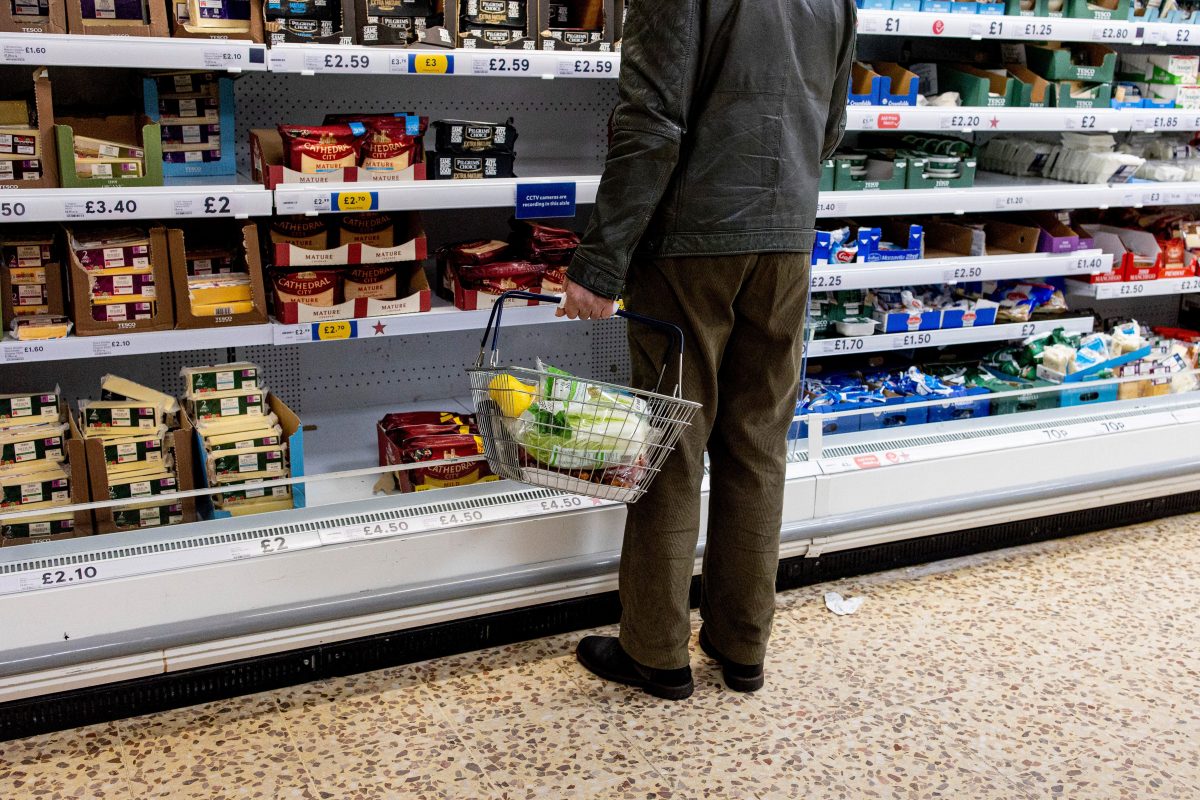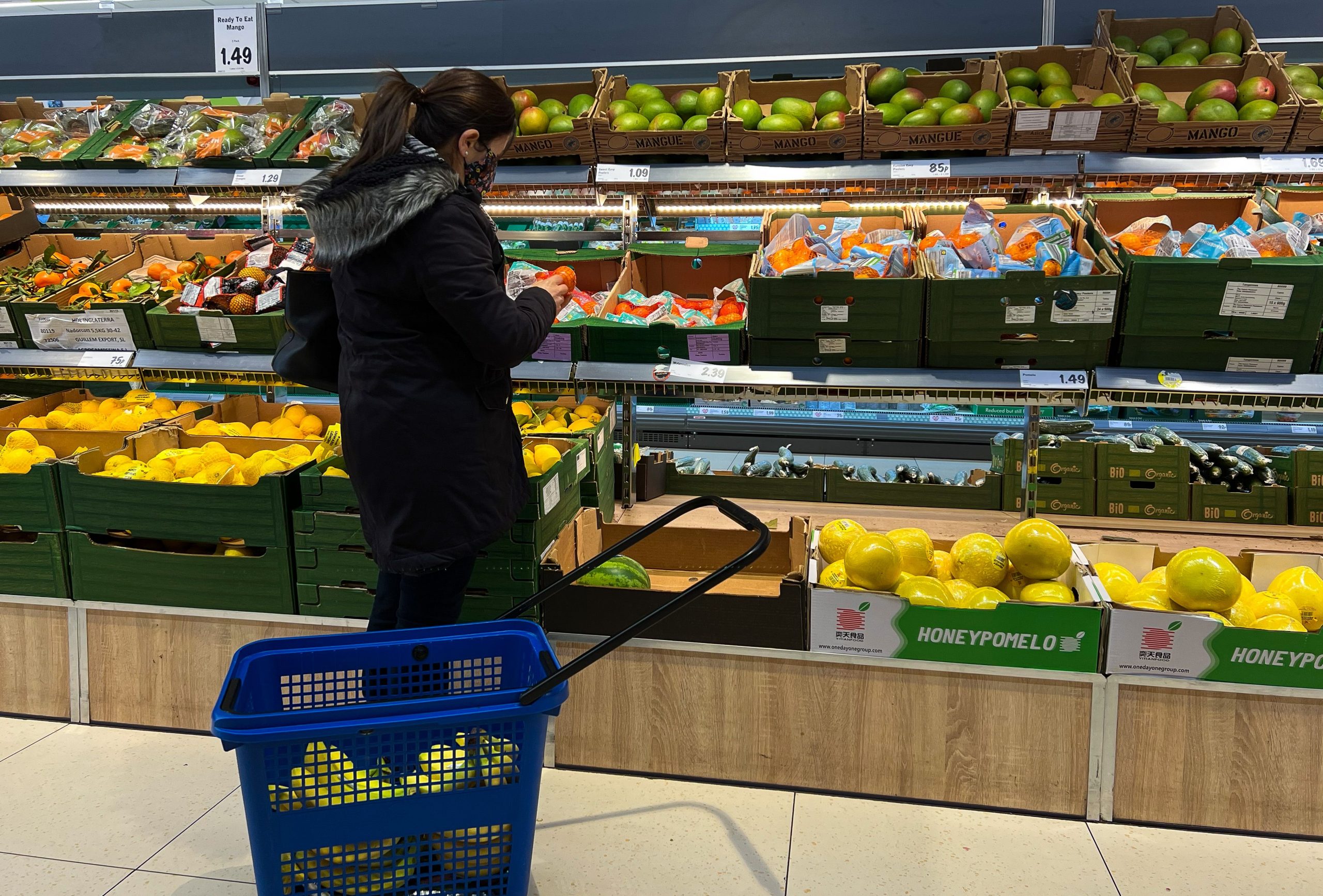Naturally most people want to take the right action to help the planet and being vegan is offered as a sustainable way to help nature.
The dietary choice has been shown to be cheaper too if you use staple items like beans and lentils, according to research carried out by Oxford University highlighting that vegan food can be the most affordable way to eat.
However, from my own experience, I found this lifestyle to be very costly.
What we see online is far from the reality. I believe that the topic of sustainability has become divisive and overused.

Being vegan is very expensive and unless you can cook it is hard not to spend more than your omnivorous friend.
Students face a lot of pressure to be healthy, look good and do the right thing. It is a lot to ask for anyone.
Students simply cannot afford the same level of lifestyle advertised in Whole Foods or Bayley and Sage.
Most students cannot afford the lifestyle that is often seen on Instagram promoted by various well-known vegans. With the UK’s inflation currently at 4.9%, the rise in food prices will put students at a bigger disadvantage.
Students who stick to a budget will likely choose grocery items that do not cost a lot. If a student uses up one carton a day of almond milk which costs £1.85 for a litre. That is roughly £675.00 a year on just milk vs. the regular dairy milk that costs around £340 for the same quantity. This is a big difference for students.
Even when you ignore the cost and you consider going vegan for the sustainability factor, the argument remains whether these options are actually sustainable.
Vegan products are often imported and produced in factories with a significant environmental impact on the planet.
Additionally, products that are quality assured, local, and organic items are usually costly—the issue of price highlights the elitism of sustainable lifestyle.
Labels such as “sustainable” and “vegan” have become a way to market the product and make it desirable, often further increasing the price of the product.
What can we do?
- Many personal factors might affect a person being unable to be as sustainable as others. The critical point is to not judge individuals into following a particular lifestyle.
- If you can afford quality assured products, try buying local ones. By doing so helping small producers along the way. You can see who benefits from your money.
Small changes do in fact help in the long term.

